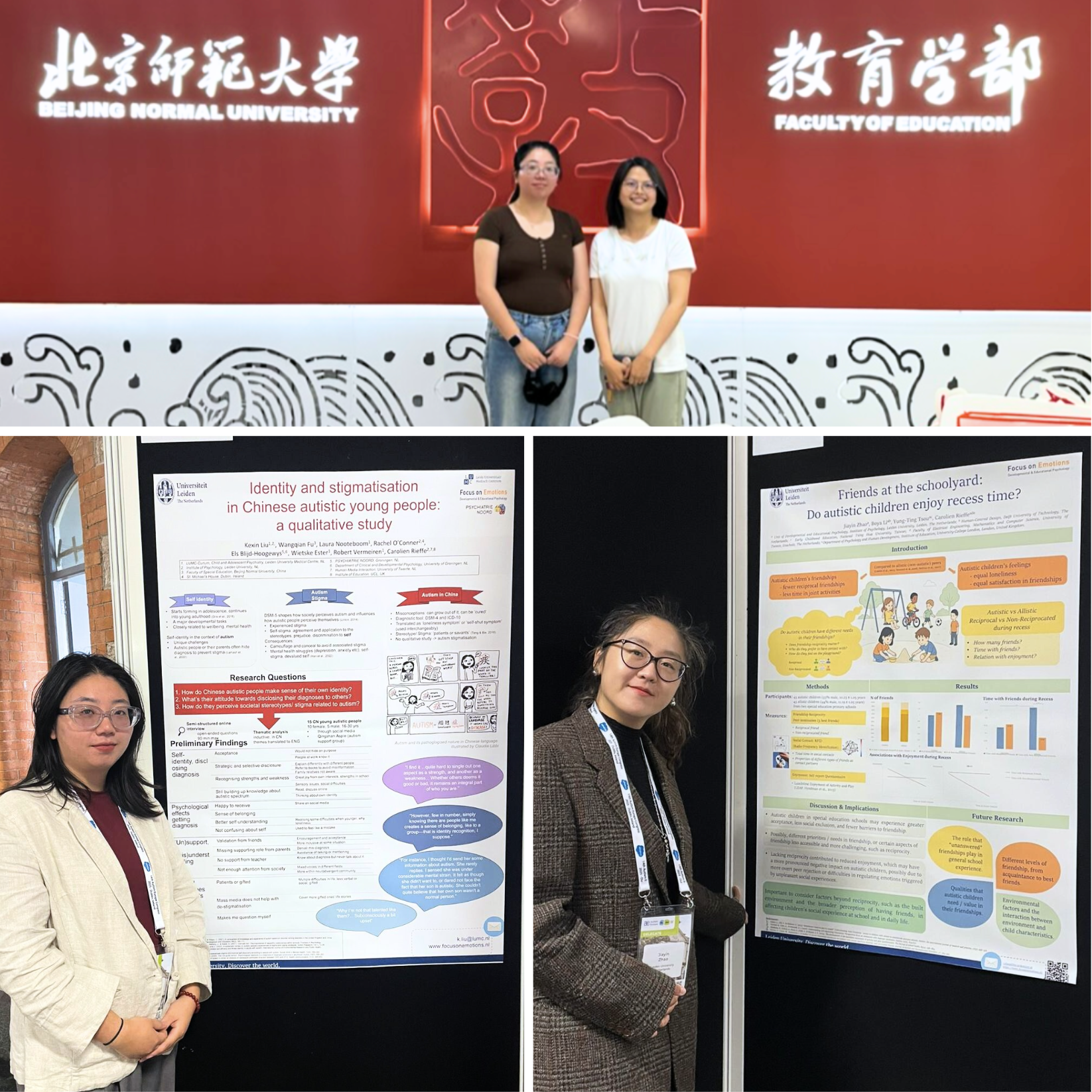

Tiny hearts, big feelings: New insights on empathy development in deaf and hard of hearing preschoolers in China
“You’re so empathetic!” people might say if you cry when you see someone else in pain. But is that all empathy is? Empathy is a multi-dimensional construct that includes emotional contagion (feeling what others feel), attention to others’ feelings, and prosocial behaviors (acting to help others). These abilities are learned during childhood through social interactions - by seeing, understanding, and reacting to others in the social world. This development is crucial, as empathy helps people integrate into society, gain acceptance, and protect their mental health.
A recently published study by Zijian Li and co-authors studied how empathy develops over time in deaf and hard-of-hearing (DHH) and typically hearing (TH) preschoolers in China. The research found that, overall, Chinese DHH and TH children developed similarly between the ages of 2 and 6 in terms of emotional contagion and attention to others’ feelings. A carefully designed program which is tailored to the individual capacities and needs of each child at the China Rehabilitation Research Center for Hearing and Speech Impairment in Beijing, where the study took place, might have contributed to these positive outcomes.
Empathy-related behaviors are crucial for social competence and mental health, so this study highlights the importance of early interventions andspecialized education to support social-emotional development in DHH children. As research into how best to support DHH children expands globally, studies like this can help transfer valuable knowledge across countries, ultimately improving care worldwide. Want to learn more? Read the full article!


